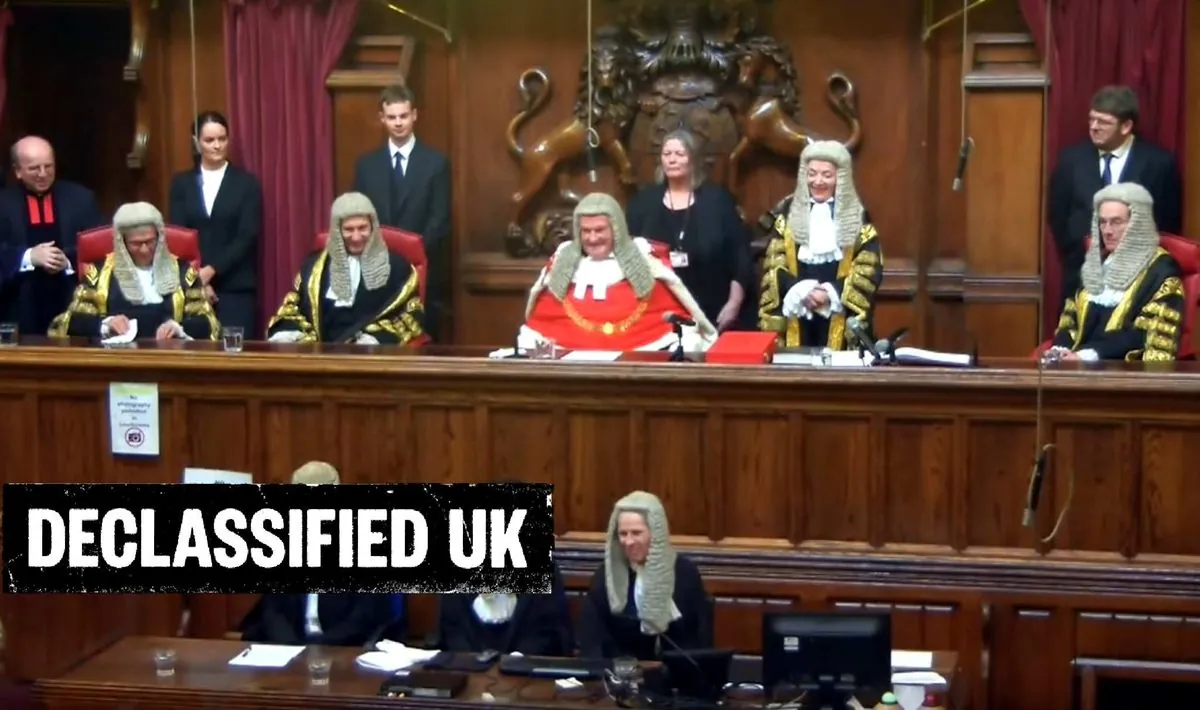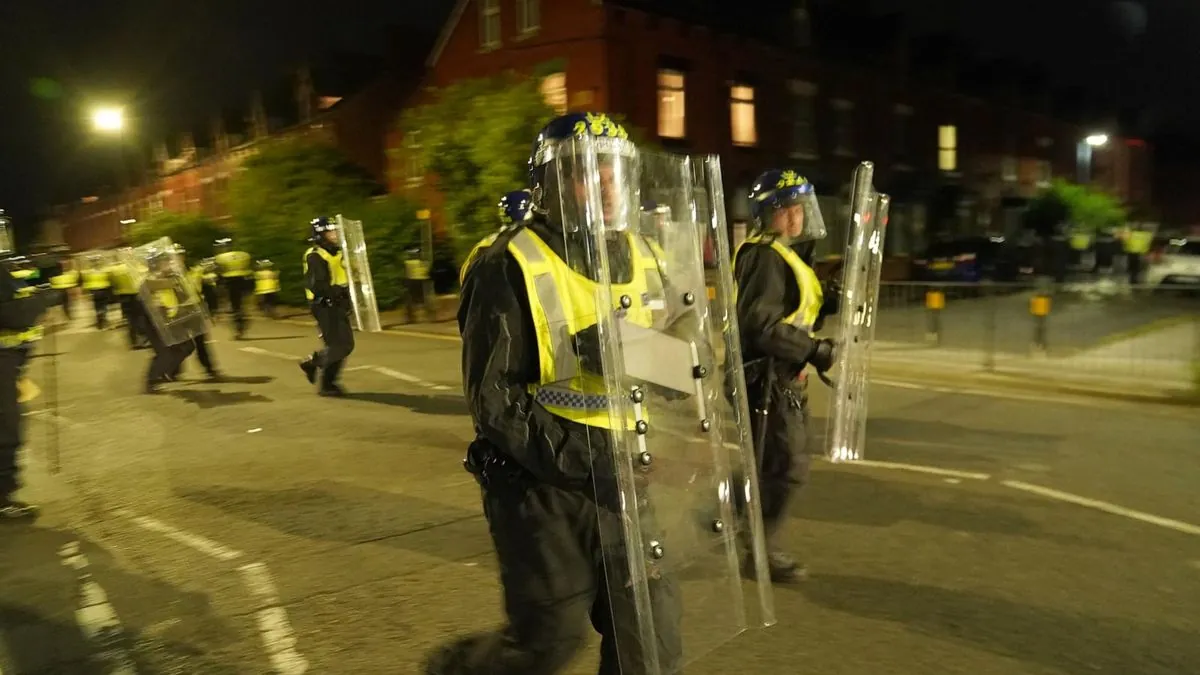UK Man Jailed for Inciting Racial Hatred Amid Recent Unrest
A British court sentenced a man to over three years in prison for using social media to incite racial hatred during recent riots. The case highlights the UK's efforts to combat online hate speech and misinformation.

In a significant legal development, a British court has sentenced Tyler Kay, a 26-year-old father of three, to more than three years in prison for using social media to incite racial hatred during recent unrest in the United Kingdom. The sentence, handed down on August 9, 2024, is considered one of the most severe for offenses related to the recent riots that erupted across the country.
The case highlights the UK's ongoing efforts to address the growing issue of online hate speech and misinformation. The Crown Court, which handles serious criminal cases in England and Wales, took a firm stance against Kay's actions. Judge Adrienne Lucking emphasized the intentional nature of Kay's posts, describing them as "utterly repulsive, racist and shocking" with "no place in a civilized society."

The riots, which began on July 30, 2024, were sparked by the spread of false information regarding a mass stabbing incident in northwest England. Misinformation circulated online incorrectly claimed that the teenage suspect was a Muslim asylum seeker. This led to violent outbreaks in numerous cities and towns across the UK, with protesters targeting hotels housing migrants and asylum seekers.
The UK government, led by Prime Minister Keir Starmer, responded by calling for expedited court proceedings to deliver swift justice and deter further violence. This approach reflects the UK's broader strategy to combat online hate speech and misinformation, which has become increasingly prevalent in recent years.
"We must be on high alert this weekend to prevent further far-right thuggery."
In a related case on the same day, Jordan Parlour, 28, received a 20-month prison sentence for encouraging his Facebook followers to attack a hotel housing migrants in Leeds. These cases underscore the serious legal consequences individuals may face for inciting violence online.
The UK's response to these events reflects its complex history with immigration and racial tensions. As of 2021, approximately 14% of the UK population was foreign-born, contributing to the country's diverse demographic makeup. However, this diversity has also been accompanied by challenges, including the rise of far-right movements and occasional outbreaks of racial unrest.
Interestingly, while far-right demonstrations anticipated at 100 locations on August 7, 2024, failed to materialize, they were instead replaced by large-scale anti-racism marches. This development suggests a strong counter-movement against racial hatred and xenophobia in British society.
The UK government's commitment to prosecuting those responsible for the disorder is evident, with nearly 600 arrests made and over 175 individuals appearing in court. This swift action aligns with the UK's legal framework, which includes specific laws addressing the incitement of violence online, such as the Malicious Communications Act.
As the UK continues to grapple with these challenges, the case of Tyler Kay serves as a stark reminder of the consequences of using social media to spread hate and misinformation. It also highlights the ongoing debate about the role of social media in shaping public opinion and influencing real-world events, a topic that remains at the forefront of discussions on public safety and social cohesion in the digital age.


































